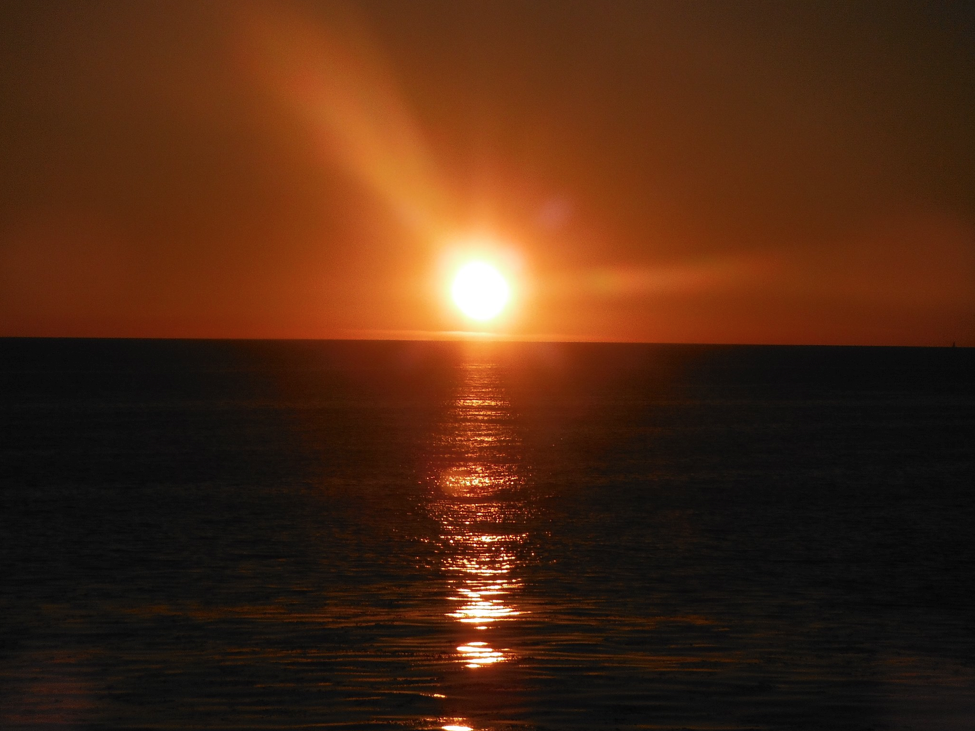The morning was hot, the thick wet suffusing heat of a late Southern summer, and I was walking.
Three point five miles, it is, from the place we get our car serviced to our home, and even though the day's temperature was heading into the triple digits, I'm still happy to walk it. Because when you walk, you see things. You're aware of creation.
The sun beats down, the sidewalk fiercely radiant under my sandaled feet. I see the shade cast by the tall trees at the waning of the morning. I cross the street, and walk under the generous cooling shadow of their canopy.
I see a man at the crosswalk, unshaven and smoking and wearing a surplus jacket five sizes too large. It's 97 degrees. He's doesn't appear to be sweating. He does not notice me.
I pass an elderly man, slow but quietly determined. He looks up, he smiles. "Oh, we shuffle along," he says. "Yes we do," I reply, returning the smile.
And at a bend in a road, deep in the heart of a suburban neighborhood, I pass a church. It's the same church I always pass when I walk that way, only now, it isn't.
Meaning, it is the same building. It is still a church. But it is no longer the church it was.
For years, for decades, it had been a Korean congregation, small and independent. Presbyterian. But the bold, blocky, assertive fierceness of hangul text has vanished like smoke.
This is unsurprising. The Korean community has moved on, out into the sprawling exurbs, just like the immigrant Scots who once filled my grandfather's church moved out of Queens.
That church is dead. But the church still lives.
In the parking lot, a fleet of lightly-used 12 and 15 passenger vans, each white, neatly numbered. I count them. There are at least a dozen.
"Christo vive!" announces the bright new sign, along with worship times, all in Spanish.
It is, I reflect, one of the great strengths of a faith that inherently transcends culture and language. It can adapt, can adjust, shaping and forming itself to the reality it encounters.
Oh, we shuffle along. Yes. We do.








